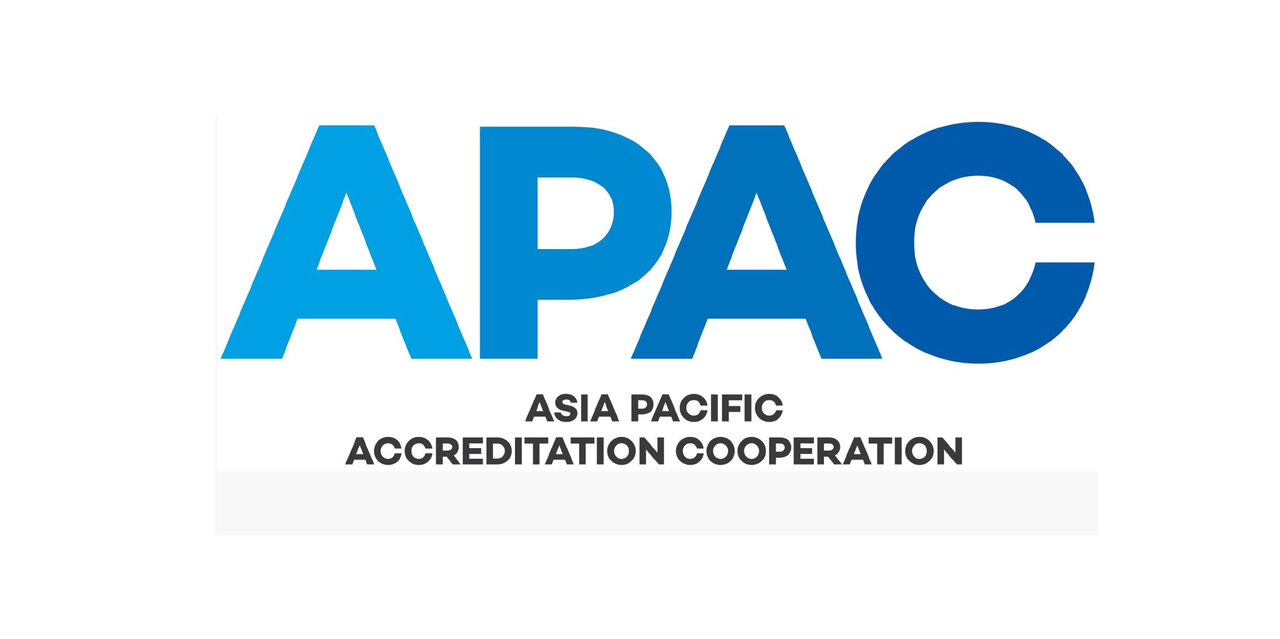Constitutional Council approves Iran’s membership in APAC

TEHRAN – Iran’s Constitutional Council has officially endorsed a parliamentary bill authorizing the country’s accession to the Asia Pacific Accreditation Cooperation (APAC), marking a strategic step in Tehran’s ongoing efforts to integrate more deeply into regional and international standardization networks.
The announcement was made on Monday by Hadi Tahan Nazif, spokesman for the Constitutional Council, who confirmed via a post on the social media platform X that the legislation had passed legal and religious scrutiny.
“The bill for the membership of the Islamic Republic of Iran in the Asia Pacific Economic Cooperation (APEC) was found not to be in contradiction to the principles of Sharia and the Constitution,” he wrote—although the organization in question is the Asia Pacific Accreditation Cooperation (APAC), not the Asia-Pacific Economic Cooperation (APEC), indicating a likely clerical error in the statement.
The approval paves the way for Iran to formally join APAC, a regional entity dedicated to strengthening accreditation systems and promoting the mutual recognition of conformity assessments among member countries. Established in 2019 through the merger of the Asia-Pacific Laboratory Accreditation Cooperation (APLAC) and the Pacific Accreditation Cooperation (PAC), APAC plays a key role in enhancing trade reliability and technical cooperation across the region.
The bill received overwhelming support in the Iranian Parliament during a public session held on April 16. Legislators debated its contents after hearing a detailed report from the Parliamentary Committee on Industries and Mines. Following the discussions, the bill passed with 184 votes in favor, 14 against, and 2 abstentions out of 212 lawmakers present.
Under the legislation, the Iranian government is authorized to proceed with APAC membership according to the organization's statute and is obligated to pay the corresponding membership fees. In line with constitutional mandates, the bill also stipulates that all actions must adhere to Articles 4, 77, 125, and 139 of the Iranian Constitution—ensuring both religious and legal compliance in the implementation phase.
Furthermore, the law includes a transparency clause requiring the government to present an annual report to parliament. This report will outline financial costs, commitments undertaken, and the practical benefits derived from membership in APAC, thus enabling parliamentary oversight of the country’s engagement with the organization.
Iran’s accession to APAC is expected to improve the credibility of its conformity assessments and boost the global standing of its exports and services, particularly in technical and industrial sectors. The move also signals a broader policy trend of expanding institutional ties with Asia-Pacific nations in light of shifting global dynamics and evolving regional alliances.
